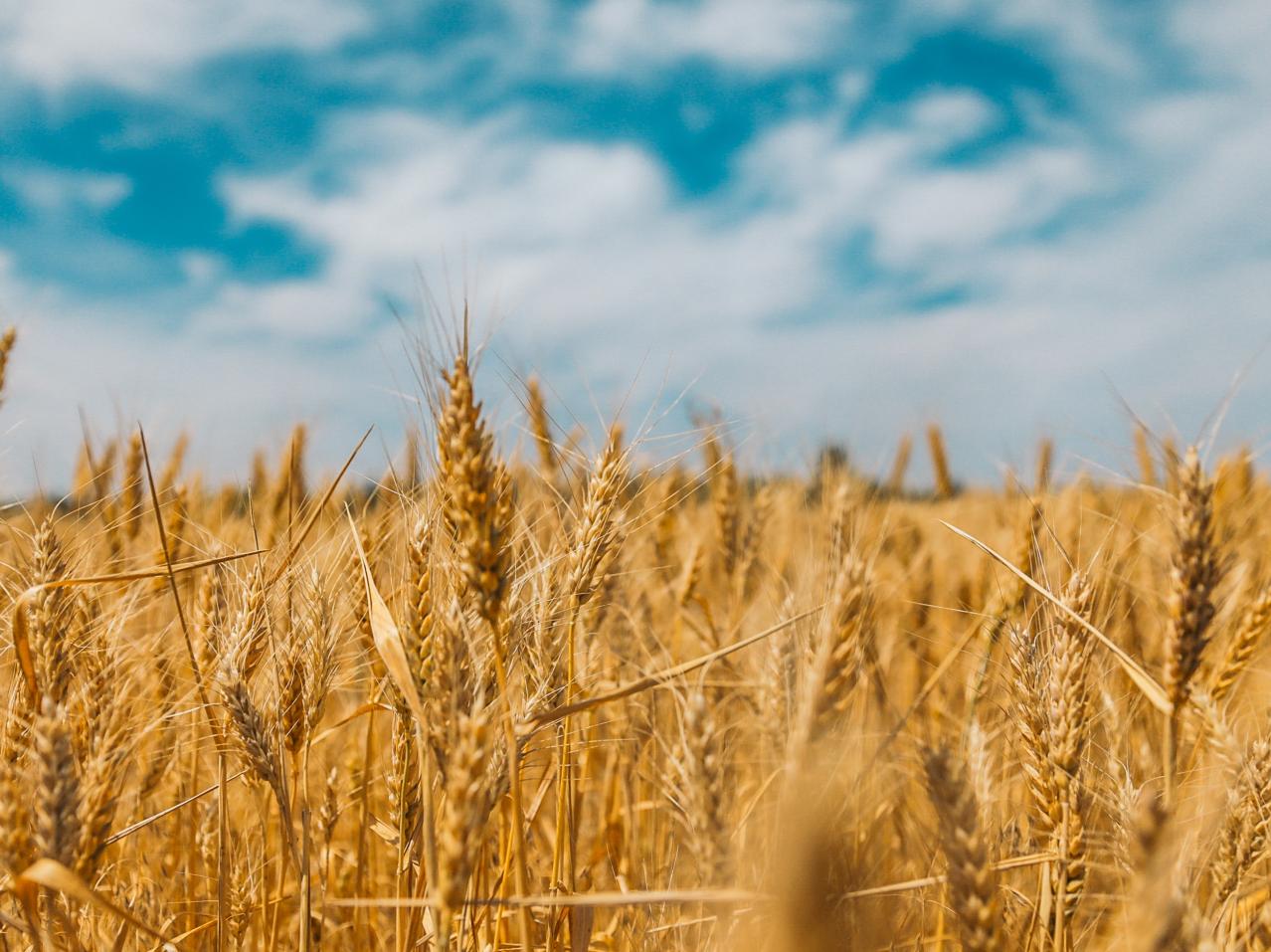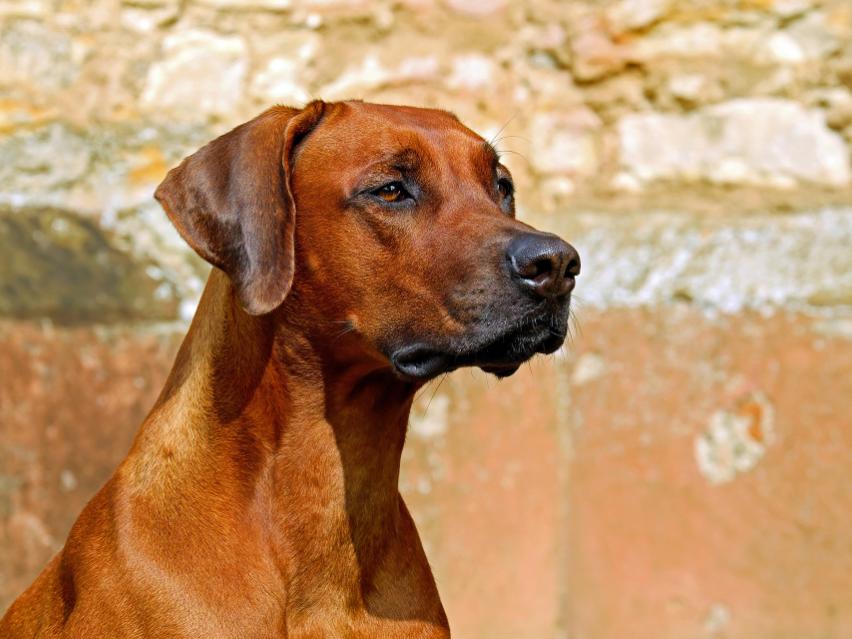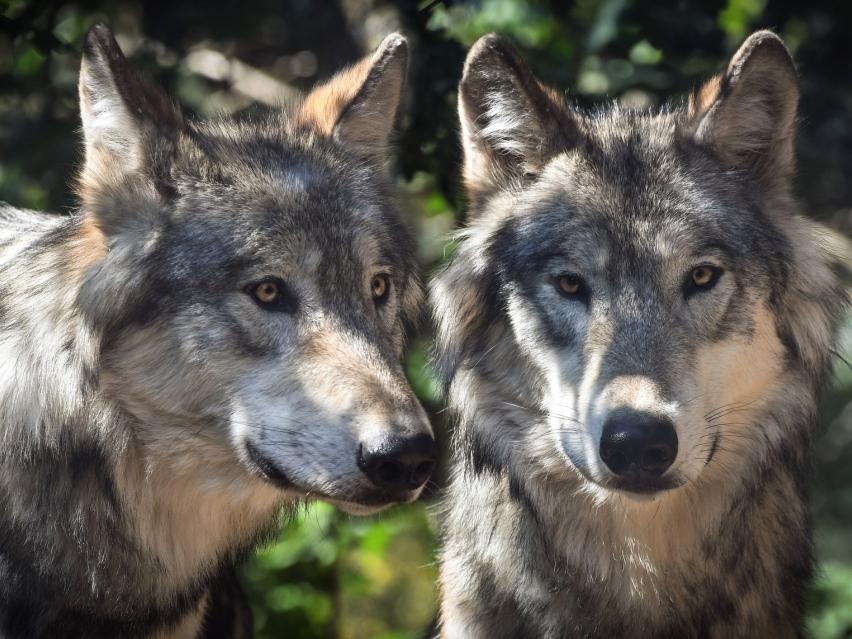Grain Free - Nutritionally valid or just marketing hype?
Despite the increasing number of dog food brands claiming to be grain-free, there is very little evidence supporting the necessity of a grain-free diet for dogs.
Grains are not more allergenic than other ingredients. It is mostly proteins that are responsible for allergies, with beef being the worst culprit – grains are well down the list of allergens
Grains provide valuable nutrients. Grains are an excellent source of energy providing carbohydrates. When energy is supplied by carbohydrates, then the body does not need to use protein for energy – leaving proteins free to supply amino acids. Grains also provide amino acids, dietary fibre, and vitamins.
Unlike wolves, dogs are omnivores. There are three gene changes that facilitate digestion and utilisation of starches by dogs - making dogs omnivores.

Grains are not more allergenic than other ingredients
Grains contain proteins and so can cause allergies, but they are actually one of the less allergenic proteins.
|
Common food allergens in dogs and cats Verlinden A, Hesta M, Millet S et al Critical reviews in food science and nutrition 2006 |
|
| Dogs (N=198) | Cats (N=89) |
| Beef 36% | Beef 20% |
| Dairy 28% | Dairy 14.6% |
| Wheat 15% | Fish 13% |
| Egg 10% | Lamb 6.7% |
| Chicken 9.6% | Poultry 4.5% |
| Lamb & Mutton 6.6% | Barley / Wheat 4.5% |

Coeliac disease, an adverse reaction to the dietary protein, gluten, has become a major concern in human health, driving a large and growing market for gluten free products. However gluten-sensitive enteropathy is virtually unheard of in dogs.
Grains provide valuable nutrients
Grains are sometimes seen as low cost fillers with limited nutritional value but that is very far from the truth. Grains are an excellent source of carbohydrates but also provide protein, amino acids, dietary fibre and vitamins.
Carbohydrates are a source of energy. If energy is supplied by carbohydrates then the body doesn't use protein for energy, leaving proteins available to do the more important task, that only proteins can do, of providing amino acids as building blocks for protein synthesis for tissues, enzymes, hormones, neurotransmitters etc – carbohydrates thus have a protein sparing effect.

Food can only contain protein, carbohydrate, fibre, fats, minerals and water so if you have a diet without carbohydrate what would you replace it with.
- If you replace the carbohydrates with protein then protien levels would be too high. Most adult dogs require 45 g of protein for every 1000 kcal in the diet. If the diet contains significantly higher protien the dog will just deaminate (breakdown for energy) the excess amino acids in the liver, and then excrete the by-products via the kidneys, putting pressure on these organs.
- If you replaced the carbohydrates with fat then that would increase energy levels giving rise to obesity.
- Fiber cannot serve as a replacement for carbohydrates either, as excessive fiber content (over 5%) can affect digestion rates and lead to compaction issues, especially in large breeds.
- Ash (minerals) need to be provided within a very narrow range of limits.
- If you add more water, the food will be sloppy.
Carbohydrates allow us to formulate appropriate levels of all other nutrients, as moderate/high levels of carbohydrates in the diet are accommodated very well by most dogs.
It is also worth saying that grain free does not mean carbohydrate free. Many grain free dog foods will include carbohydrates coming from ingredients such as potato, sweet potato or peas.
Are dogs omnivores or carnivores?
Key to the support for grain free diets is that dogs share a common ancestry with wolves and so should be fed a carnivorous raw meat diet with no carbohydrates:
An emotionally attractive idea – but not backed by evidence.
Whilst its true dogs share a common ancestry with wolves and are both of the species, Canis lupus. Dogs and wolves also share more than 99% of their DNA but that 1% difference is important. There are 3 gene changes that facilitate digestion and utilisation of starches by dogs - making dogs omnivores.
How and when domestication occurred is unknown. Humans may have captured wolf pups for use in guarding and hunting, or wolves been attracted to scavenge waste dumps near human settlements.

Whatever the mechanism behind domestication, once it occurred natural selection will have taken place to allow dogs to use the different resources available when living alongside humans.
Axelson et al 2013: Catalogued the genetic changes involved in domestication by looking for differences between the genomes of 12 wolves and 60 dogs from 14 different breeds. They identified 36 regions of the genome that set dogs apart from wolves. Nineteen of those regions contained genes with a role in brain development or function, which may explain why dogs are friendlier than wolves. They also found ten genes that help dogs to digest starches and break down fats.
Conclusion
There is no doubt that the grain free diets for dogs’ movement has caught the imagination of owners and been widely used in marketing materials by many pet food manufacturers.
It is important to say, considering the FDA warning, that there is no conclusive evidence that grain free diets are harmful for dogs.
However, it’s also true that there is no substantive evidence that grains are a problem for dogs and grain free is necessary. Grains make a valid nutritional contribution and are generally tolerated by dogs and so can safely be included diets, on which dogs will thrive.
